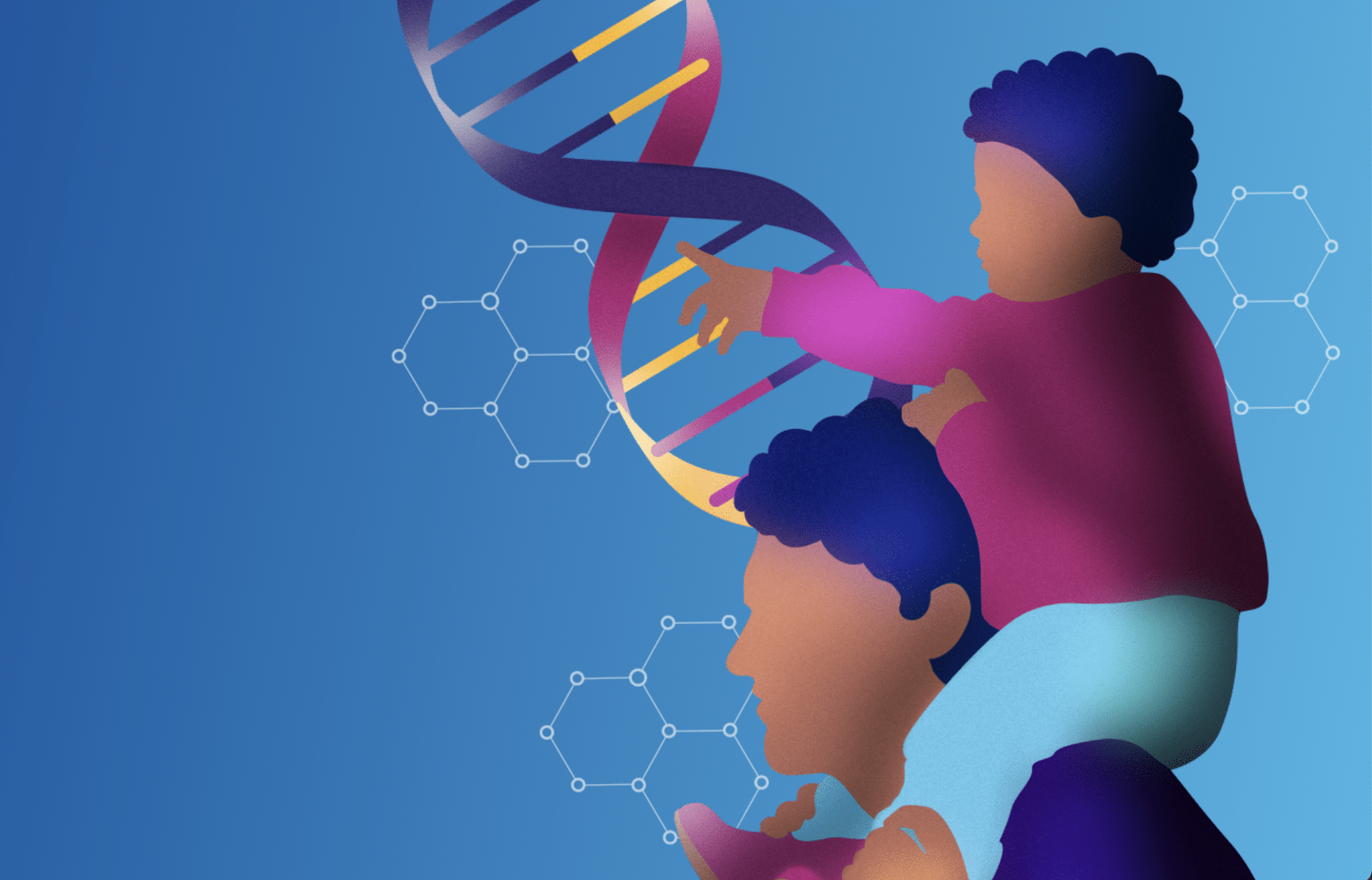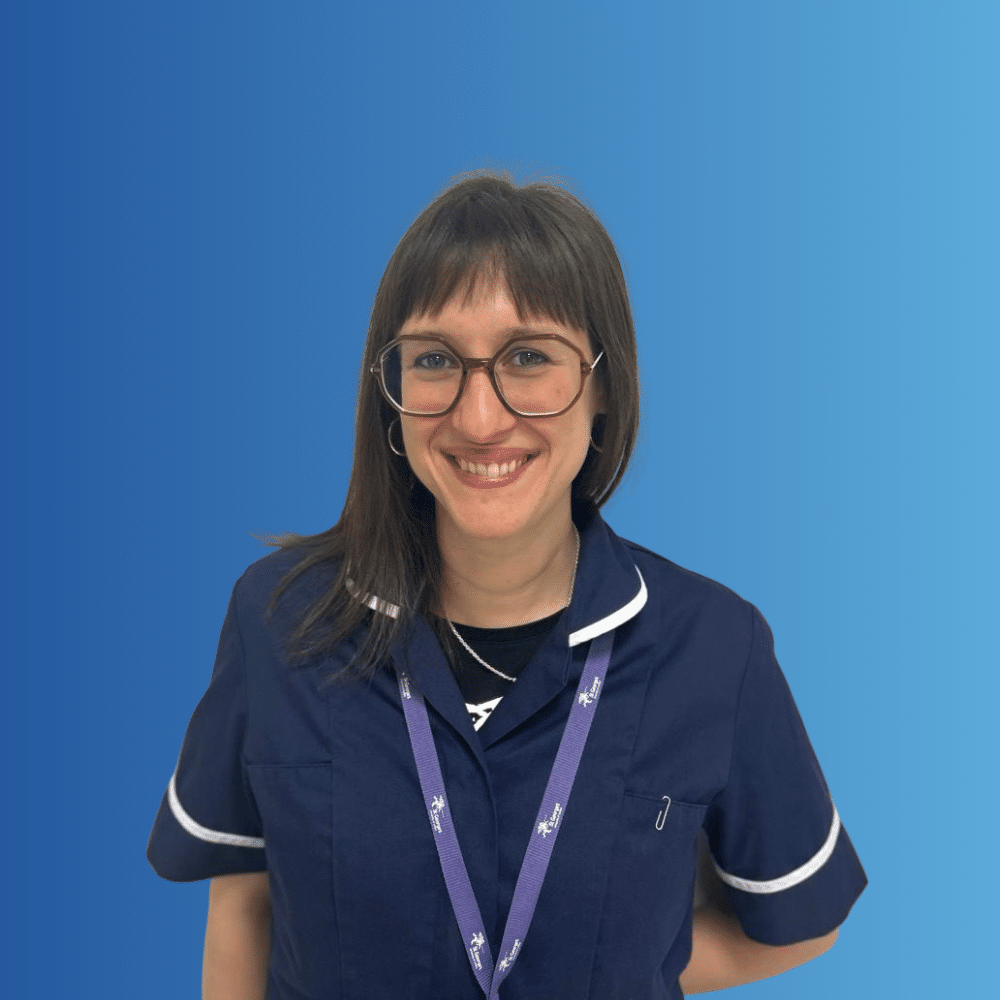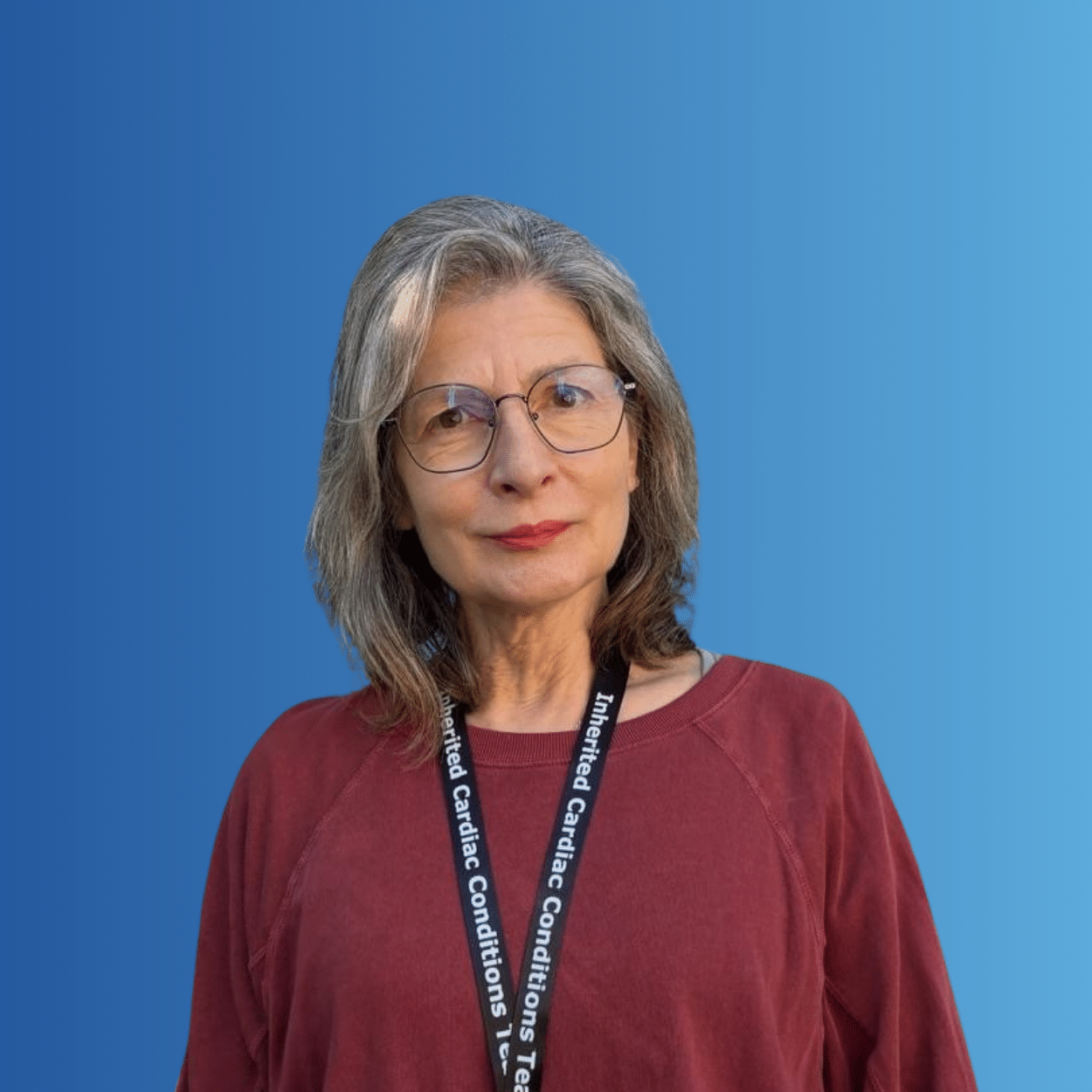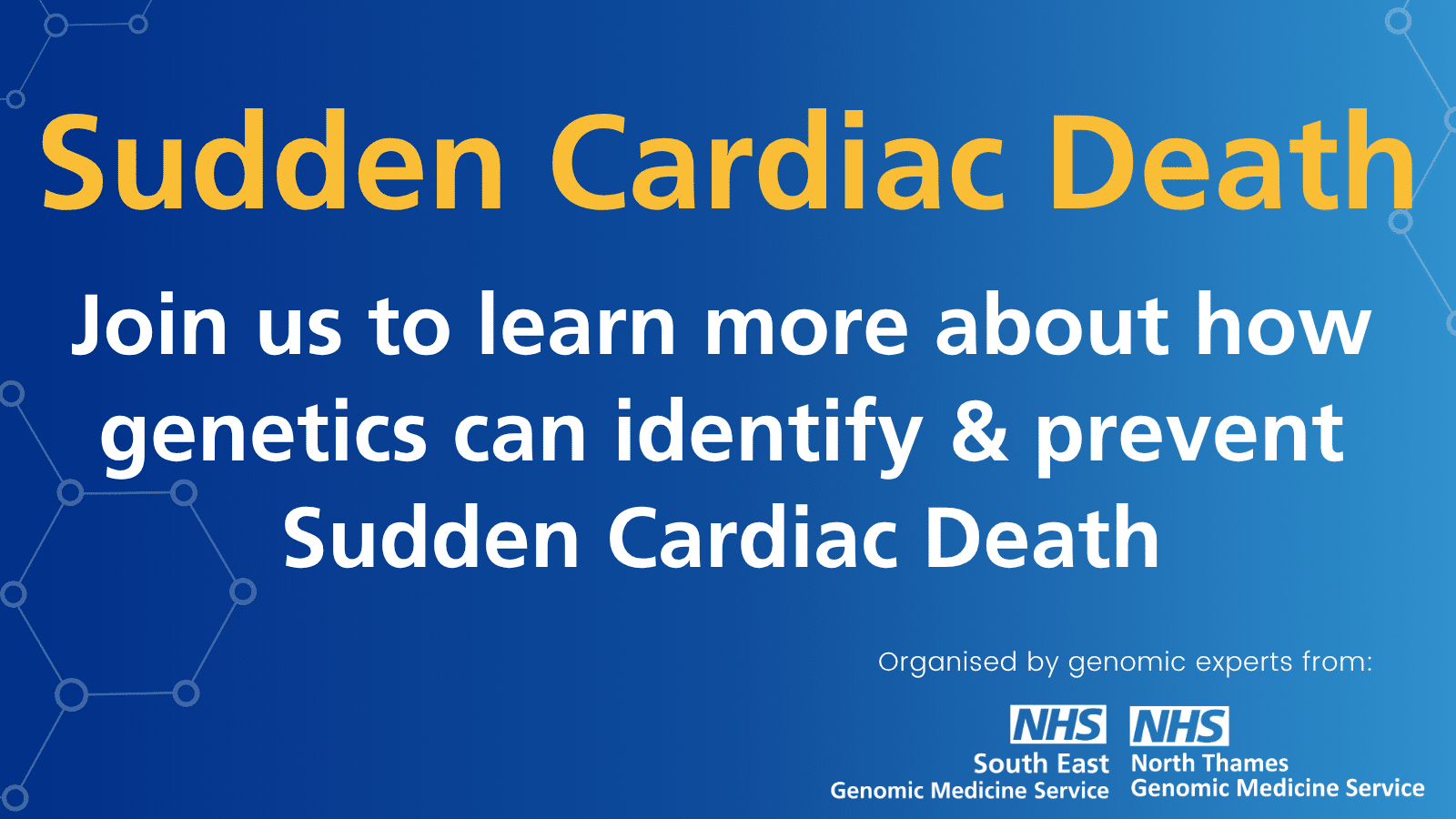Sudden Cardiac Death
Identifying people who are at risk following a sudden cardiac death in the family.

What are we trying to do?
Following the success of a national pilot funded by NHS England and supported by the British Heart Foundation, we are expanding access to a pathway which aims to identify family members of those who have recently died following an unexplained cardiac incident, to offer them genetic testing and prevent further deaths.
This is known as the NHS and Coronial Service Sudden Unexpected Death (SUD) pathway. You may also see SUD referred to as a Sudden Cardiac Death (SCD).
Why is this important?
At least 800 sudden cardiac deaths (SCDs) occur annually in the UK in people under 35 years of age. Where the cause is genetic or ‘inherited’, determining the underlying nature of the genetic heart disease is important for identifying other family members at risk and preventing further sudden deaths in other family members. The pathway will aim to include all those who die unexpectedly between the age of 1 and 60, where an inherited cardiac condition (ICC) is thought to be likely.
There are three key parts to the pathway: routine tissue retention for genetic testing when there is a potential genetic cardiac cause of death, coronial investigation and communication to an ICC Centre, and signposting of eligible family members for follow-up and screening for the same condition. Currently, this is inconsistent across England with some family members not signposted to the ICC Centre and tissue not being retained for testing.
Progress & next steps
Since the pilot, the pathway is now open to all trusts across the South East, and we’re working with a number of coroners to increase awareness and make this a routine pathway within every service.
Who are we working with?
We are very grateful for funding from the British Heart Foundation and NHS England to set up this pathway.
We are also working alongside multidisciplinary teams from:
- The Coronial Service and Chief Coroner’s Office
- Inherited Cardiac Condition clinics (including specialist nurses and genetic counsellors)
Further information for patients
These links will open in a new tab:
Meet your C-SUD pathway coordinators
Alessia Odori
Alessia is an Inherited Cardiac Conditions (ICC) nurse at St George’s Hospital, currently working as the Sudden Unexpected Death (SUD) Pathway Coordinator. With a postgraduate certificate in genomics and extensive clinical experience, she is passionate about raising awareness of genomics and the symptoms of SUD, otherwise known as Sudden Cardiac Death (SCD) or SADS (Sudden Arrhythmic Death Syndrome), believing that better education could help prevent some deaths and support more families.
Coronial regions served:
- London Inner West
- London South
- Surrey
- West Sussex, Brighton and Hove
If you are a coroner within these areas, speak to Alessia for more info or to refer in:
SCD.referrals@stgeorges.nhs.uk
Jana Garasashvili
Jana is a Genetic Counsellor specialising in Inherited Cardiac Conditions at Guy’s and St Thomas’ NHS Foundation Trust. Her passion is improving patient and family experience. She believes the Sudden Unexpected Death (SUD) pathway can reduce the stress of navigating healthcare following the tragic loss of a loved one, as well as leading to improved health outcomes for families.
Coronial regions served:
- East Sussex
- Kent Central and South East
- Kent Mid and Medway
- Kent North East
- Kent North West
- London Inner South
If you are a coroner within these areas, speak to Jana for more info or to refer in:
Learn more
Meet the team
-

Professor Elijah Behr
National Lead for the SCD Pilot and Professor in Cardiovascular Medicine
-

Dr Frances Elmslie
Clinical Director
-

Rachel Bastiaenen
Joint Rare Disease Lead
-

Alessia Odori
NHS Coronial Sudden Unexpected Death (NHS C-SUD) Pathway Coordinator
-

Jana Gurasashvili
NHS Coronial Sudden Unexpected Death (NHS C-SUD) Pathway Coordinator
-

Carmel Raymundo
Programme Support Manager

